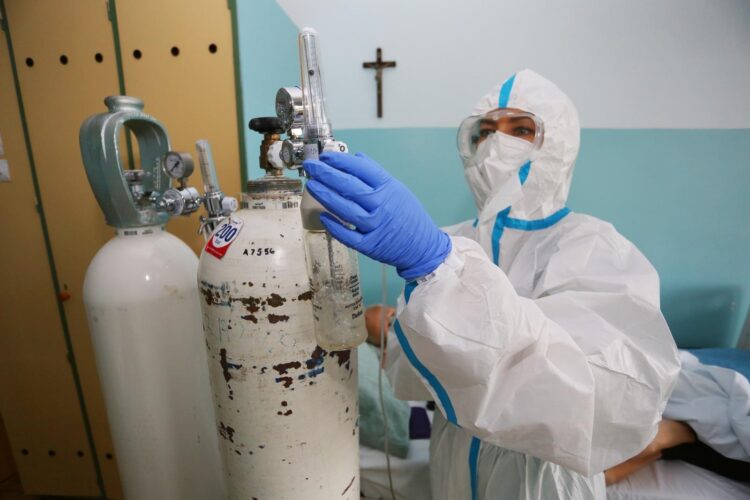
There have been 1,767 new coronavirus infections and 46 related fatalities in Slovenia in the last 24 hours, and later on Thursday, the government is expected to extend current restrictions for one more week.
A total of 7,391 tests have been conducted and the share of those that have returned positive is 23.91%, the government's COVID-19 spokesman, Jelko Kacin, said on Twitter.
He noted that there were around 300 fewer infections than on Wednesday, which gave rise to hope that the number of new infections could start to decline soon and the epidemic could start to ebb.
The total number of confirmed infections since the start of the epidemic has increased to 71,073, of which 20,174 are active cases while the 14-day incidence is 963 per 100,000 inhabitants.
Currently 1,302 COVID-19 patients are receiving treatment in hospitals, which is 32 more than on Wednesday, while 215 people are in intensive care wards, one fewer than on Wednesday.
With the latest deaths, the death toll has climbed to 1,245 since the start of the epidemic.
Why are tight restrictions still not yielding better results?
Infectious diseases specialist Bojana Beovic, who is heading the government's COVID-19 response team, said on Wednesday that despite the fact that the strictest possible epidemiological measures had been in force for a month, the second wave of the epidemic was not calming down, even though in some countries, like Austria, the epidemic had waned a few weeks after the introduction of stringent restrictions.
Beovic said that among other things, this was due to constant debates over the purposefulness of the restrictions that were being insisted on by media and a part of the public, which results in people being less on their guard and less complying with restrictions.
According to media reports, Beovic and one more member of the government's team have recently reported having received anonymous threats over their work in the team.
The Slovenian government is expected today to extend the current restrictions for another week and some of them might be relaxed only around Christmas.




